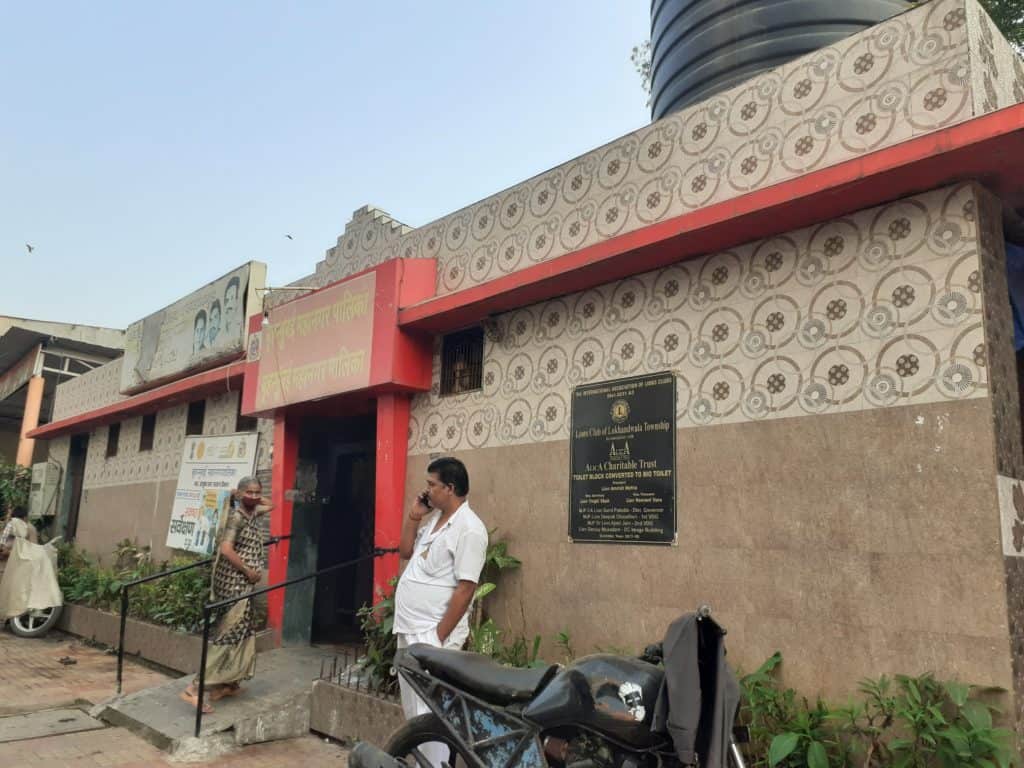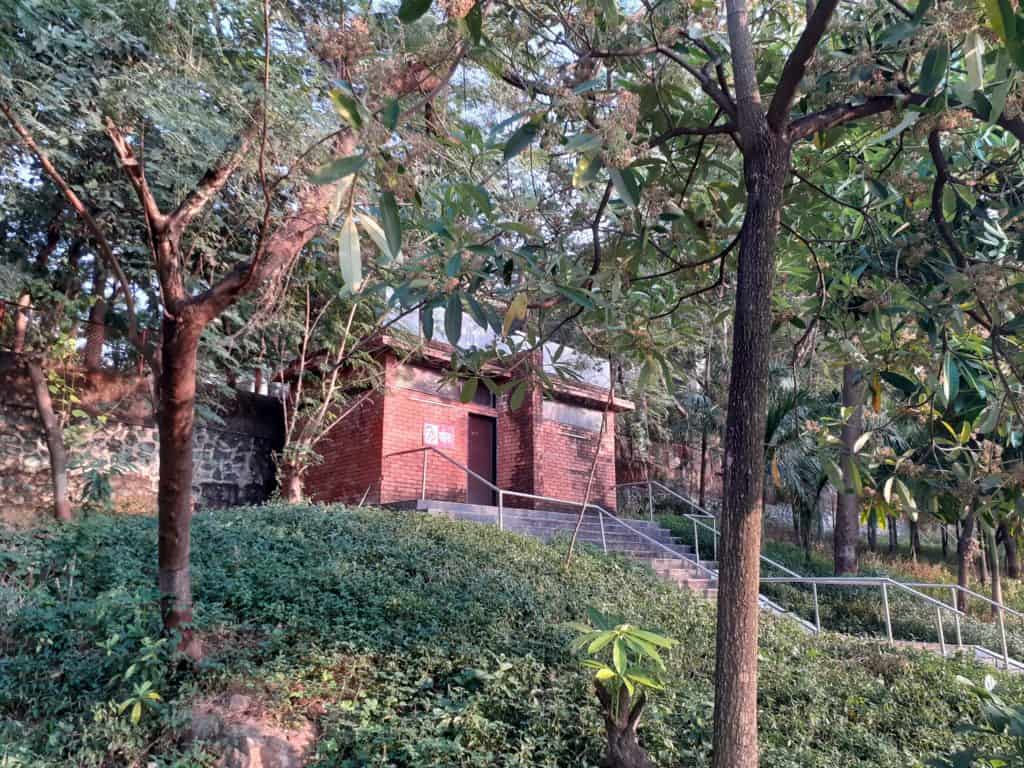The Brihanmumbai Municipal Corporation (BMC) has allocated funds to build more public toilets in the city between 2021-22. However, promises made in the previous years remain unfulfilled and public sanitation services in Mumbai are largely inaccessible. What are some of the conditions impacting the construction of public toilets?
In 2020, civic authorities had cleared proposals for 22,770 toilets across the city, but only 20 percent were built till August-September of the same year. That didn’t stop the Brihanmumbai Municipal Corporation (BMC) from allocating Rs 323 crore towards building 20,000 more public toilets in February 2021.

Despite the pending numbers, in 2018, a no-charge sanitation facility was built near Gateway of India. It had 10 toilet seats exclusively for women, one of which was for handicapped women. The toilet has a feeding room, a baby changing station, a sanitary vending machine, a water cooler and a waiting area. Similarly, in July 2021, Mumbai’s largest public toilet, spread across 4000 sq. ft, was inaugurated in Juhu. It was built to cater to 60,000 slum dwellers around the area, with WiFi access and a botanical garden, all available within a Rs 60-per-month charge per household for unlimited use. It also has a round-the-clock cleaning system so the toilets are never left dirty.
Read more: Sanitation workers struggle to make a living during the lockdown
Under the Slum Sanitation Programme, a World Bank-funded sewage disposal project, the BMC targets to build 22,774 toilets in 2021, of which 8,637 are new constructions. “These toilets comprise urinals for kids, seats of western toilets for senior citizens and the physically challenged. Rain water harvesting, lighting arrangement, wash basin, dustbins for dry waste, wet waste and sanitary pads, etc will be provided. These toilets will be maintained with hygiene and also ensure privacy, dignity and safety to the users,” BMC commissioner Iqbal Singh Chahal told The Free Press Journal in February.
But, the civic body said, there was criticism from the public. “Even though we have identified new locations for toilet blocks, people of the area oppose the project as no one wants a toilet around their houses. This has led to delay in the work,” said a BMC official.
Residents are protesting public toilets
In September, residents of Kandivali’s lokhandwala township protested the construction of a two-storey public toilet inside a garden. Residents demanded that the BMC halt construction, claiming that the toilet would reduce the park’s open space since it was used by hundreds of locals.

“Construction of toilets usually takes a lot of prior permissions, which is the longest part of the 6 month long process of building one functional community toilet with 8-10 stations” says Imran Khan, a Junior engineer, incharge of public toilet construction in the D Ward. “Wealthier neighbourhoods don’t have many public toilets, not because they don’t need it, but because a lot of residents don’t approve of community toilets being built so close to their houses” he added.
He claims it is more difficult to build toilets on collector’s land as it is state-owned and the process of getting NOCs is more time consuming than it is for BMC-owned land. Some residents of neighbouring buildings file cases against the construction of toilets, claiming they are illegal.
“They have problems with public toilets as they obstruct their street view, and don’t look visually appealing, but when filing cases, they say the toilets are illegal since slums are informal settlements in the first place.” he says. All opposing views and tedious procedures to procure permissions take way longer than the actual construction.